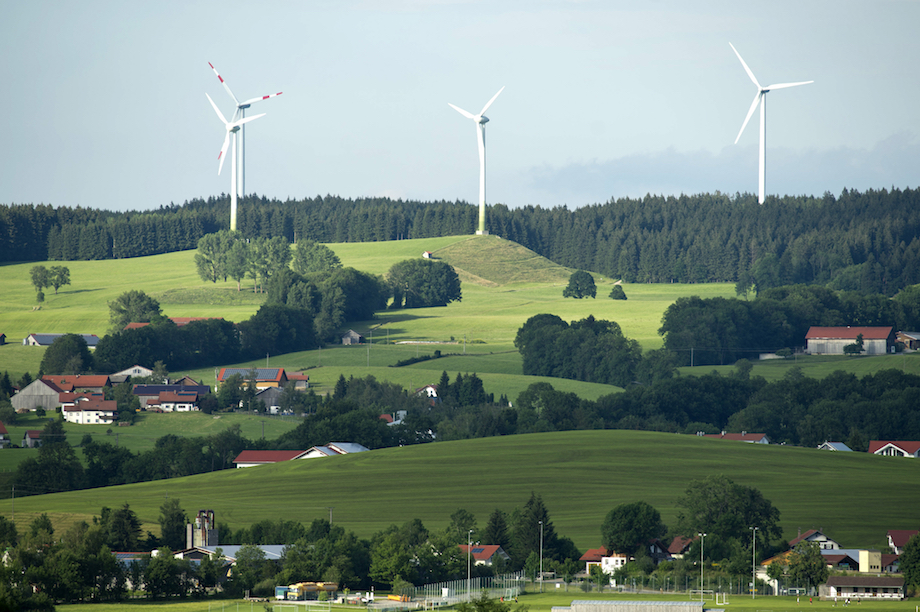Germany’s minister for the economy and energy Peter Altmaier believes renewables will become "fully competitive" with fossil fuels and even subsidy-free by 2023.
But that this is questionable under the current market design.
The analysts, however, suggested that policy changes such as implementing a carbon price floor or improving power purchase agreement (PPA) structures could increase competitiveness for renewables.
Onshore wind prices initially fell as Germany held its first auctions, but costs have risen since citizens’ projects were stripped of privileges including longer implementation periods and no permitting requirement.
Aurora Research points out that actual subsidies will be higher than published results because auction bids are given for a reference location with a standardised location, but in practice, guaranteed prices are corrected by location-specific measurements.
This, the analysts conclude, suggests that current projects are "far from being competitive". Further, with increasing market saturation, the quality of available sites is likely to decrease.
However, Aurora suggests that a carbon price floor and improved PPA structures could increase competitiveness and enable onshore wind to compete with fossil fuels.
A carbon price floor would increase cash flow and increase debt-equity ratio, lowering financing costs for the entire project, the analysts claimed.
PPAs, meanwhile, provide certainty of revenue for project owners, increasing the availability of cash flow for debt share, and ensuring a higher debt share. This can then be leveraged to decrease capital costs, Aurora stated.




.png)
HR.jpeg)
.png)








